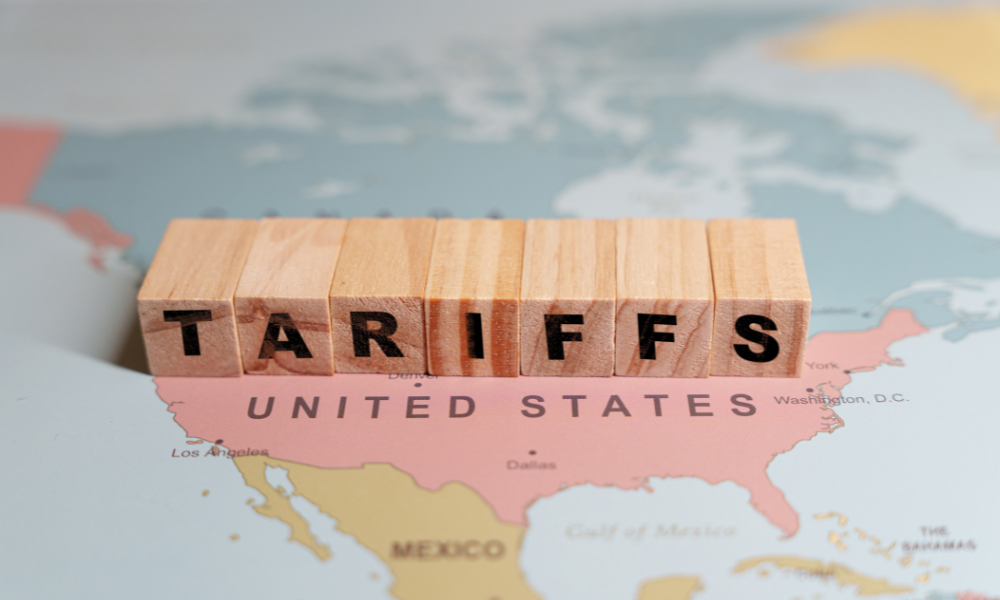Investors voice concern over trade measures and their impact on personal finances

Canadian investors are increasingly turning to financial advisors for guidance as cross-border trade tensions create uncertainty in the investment climate, according to a new J.D. Power survey.
The survey found that 31% of self-directed investors say they are likely to seek professional financial advice within the next 12 months. This trend is particularly pronounced among younger generations, with 59% of Gen Z investors and 49% of Millennials expressing interest in advisor consultation.
The findings come as Canada maintains a cautious stance on tariffs against the United States. Finance minister François-Philippe Champagne has indicated that while some tariffs have been paused, a full withdrawal has not occurred and is not imminent.
Trade tensions are weighing heavily on investor sentiment. More than one-third (36%) of Canadian investors worry that tariffs will worsen their financial situation, while 57% believe tariffs will negatively affect their investments over the next 12 months.
“Nearly half (45%) of investors say their financial stress has increased recently, while just 4% report reduced concerns,” the survey revealed. The challenging environment has left 47% of investors saying they have never had to navigate a tougher climate, compared to 39% who believe they have weathered worse market conditions.
Despite concerns about the economic impact, Canadian investors show strong support for retaliatory tariffs against the United States. The survey found 85% support such measures, with 48% expressing “extreme” support.
However, this backing comes with personal cost concerns. Investors aged 45-60 are most worried about tariffs affecting their finances, with 41% in this group expecting their financial situation to worsen, followed by 38% of those over 60.
The uncertainty is influencing investment strategies. When asked about potential actions, 44% of investors said they would buy Canadian company shares, while 10% planned to sell US company shares. Nearly half (46%) indicated they would take no immediate action, suggesting a wait-and-see approach.
Older investors express particular pessimism about the near future, with 28% of those over 60 anticipating their financial situation will worsen in the next 12 months, compared to 23% of all investors surveyed.
The survey, which captured responses from 1,001 investors nationwide on May 13, 2025, suggests financial advisors have an opportunity to build lasting relationships with clients seeking guidance during this period of economic uncertainty.



